Raising Standards, Ensuring Quality, and Empowering Students
The Caribbean Area Network for Quality Assurance in Tertiary Education is hosting its 21st Annual Conference, bringing together educators and policymakers from across the region. The goal is to strengthen the quality of tertiary education and enhance student performance. Shane Williams has this report.
 Shane Williams, Reporting
Shane Williams, Reporting
This year, the spotlight is on the future of education across the Caribbean. Experts and educators are diving deep into how we can raise the bar on quality assurance, strengthen accountability, and refresh academic standards to better serve today’s students and institutions. We’re talking about evolving with the needs of today’s students and tomorrow’s challenges and making sure our classrooms and campuses are ready for what’s next.
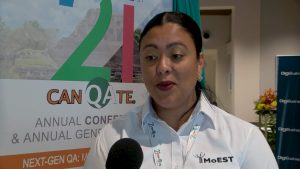
Terry Westby-Langford
Terry Westby-Langford, Deputy Chief Education Officer
“We have a total of just over one hundred and seventy-five participants from fifteen countries across the Caribbean. We have a room full of experts, learners, delegates who have shared their experiences inside and innovations as it relates to relevant data-driven approaches that help us to navigate the landscape of quality assurance in higher education.”
One of the key local voices helping to shape this year’s event is Dr. Pablo Flores, Dean of John Paul the Great College in Benque Viejo. He emphasizes that no matter how much things change, the student must always remain at the center, because they’re the heartbeat of higher education.
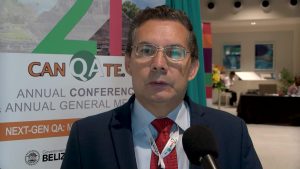
Pablo Flores
Dr. Pablo Flores, Dean, John Paul The Great College
“During this conference, we have been able to hear from experts, really good investigations about how to build accreditation processes that are student-centered. If we are able to do that, it will be a wonderful service to Belize. But the risk is if we lose that focus, then we will not be at the service of the most important person in that process. The student, we cannot forget that their family, their professors, but it is the student that is at the heart of our mission of formation and education.”
Another hot topic on the table is how regional standards can keep up with the fast-moving world of tech, innovation, and artificial intelligence. As these fields evolve at lightning speed, educators are asking: how do we make sure our academic benchmarks don’t get left behind?
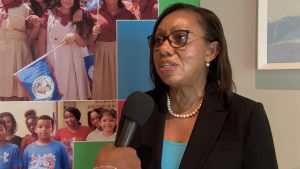
Ruby Allen
Dr. Ruby Allen, Vice President, University of Trinidad in Tobago
“We started using some standards in the region in 2010. We are still using pretty much the same standards. So we recognize that as the environment around us changes the way in which people interact with the world now changed. So we have to now update our standards and to come together as a region to work together on a project like that. We find that when we look from one country to the other, the challenges are very similar and the people, um, also work well together because of the things that unite us. We want to focus on that. So that we are able to really put all of our efforts into developing something that works well for the Caribbean region.”
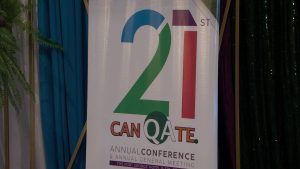 As education systems adapt to the rise of AI and digital learning, leaders say it’s vital to preserve the credibility and recognition of Caribbean qualifications across borders.
As education systems adapt to the rise of AI and digital learning, leaders say it’s vital to preserve the credibility and recognition of Caribbean qualifications across borders.
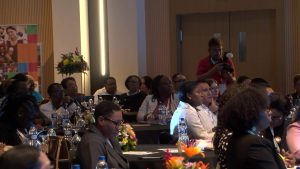 Terry Westby-Langford
Terry Westby-Langford
“The experiences in higher education are shifting. We have ai, we have the DON of technology that has taken over, and we must make sure that the credibility and accreditation of our systems remain. We have to keep our standards up to par and ensure that these skills are recognized by institutions across borders and employers across borders.”
Shane Williams for News Five
The 21st CANQATE Conference continues throughout the week, as participants work toward building a unified approach to quality assurance, one that ensures Caribbean students are not just prepared, but empowered to meet the challenges of tomorrow.




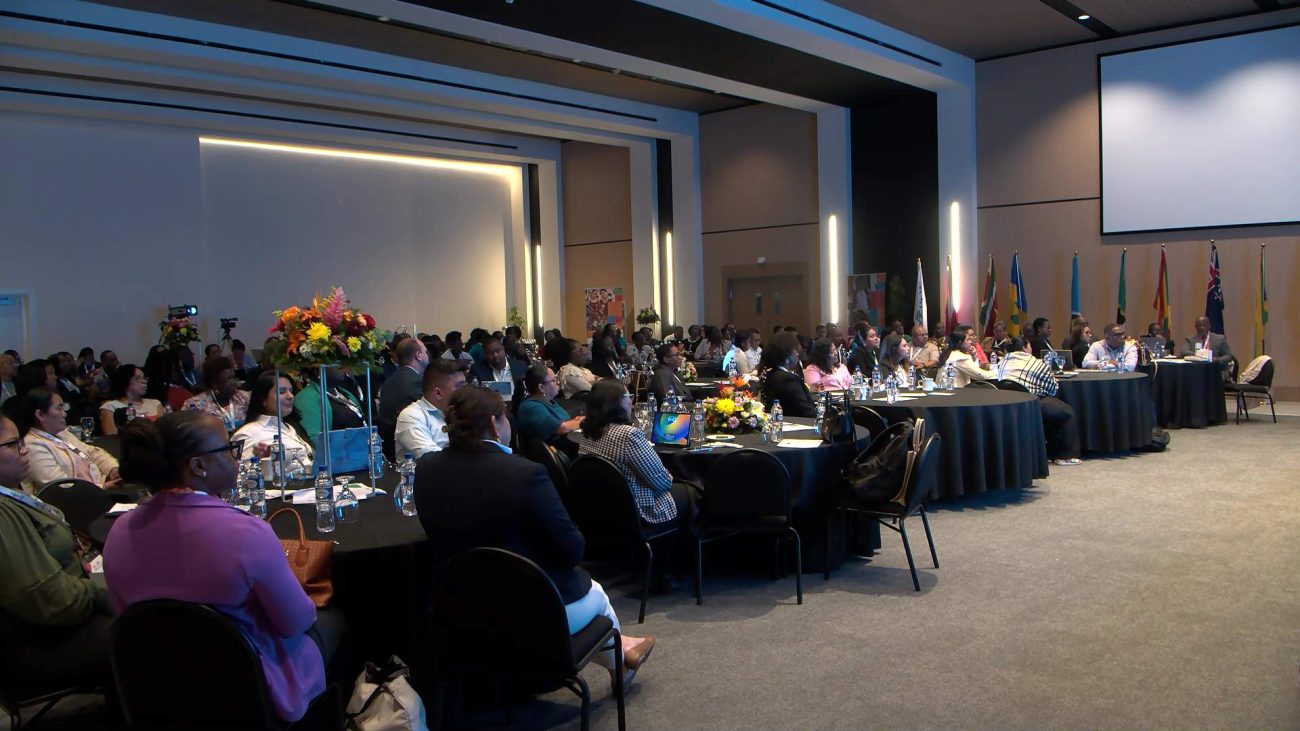
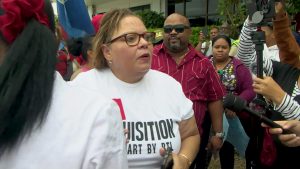
Facebook Comments